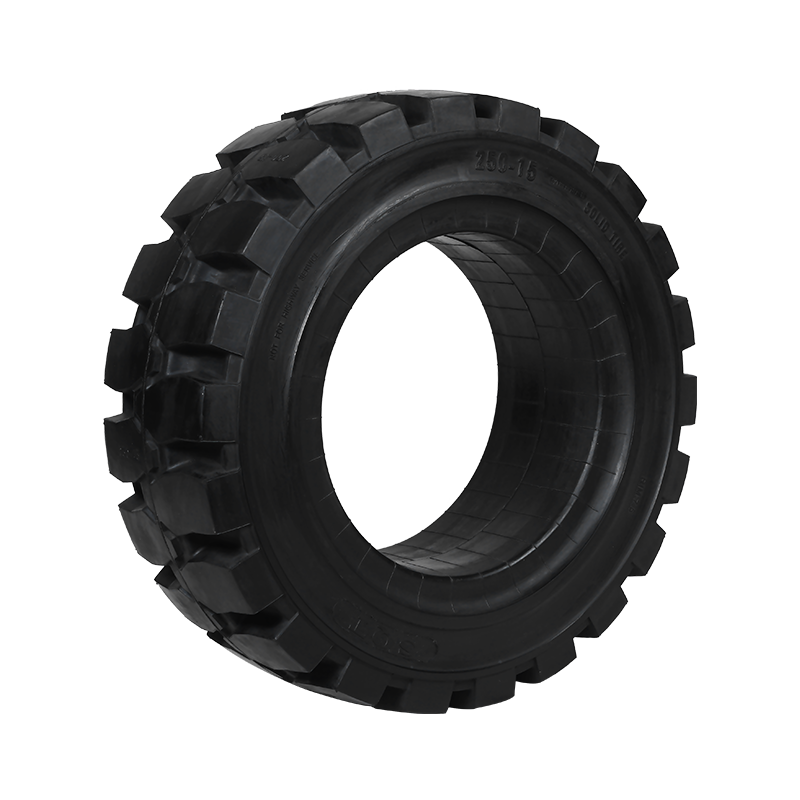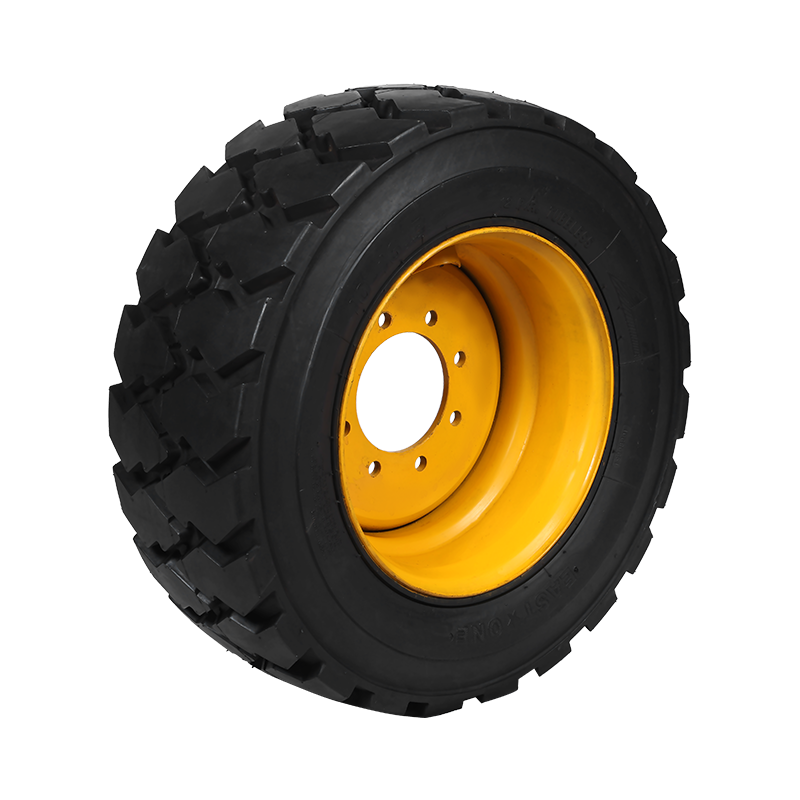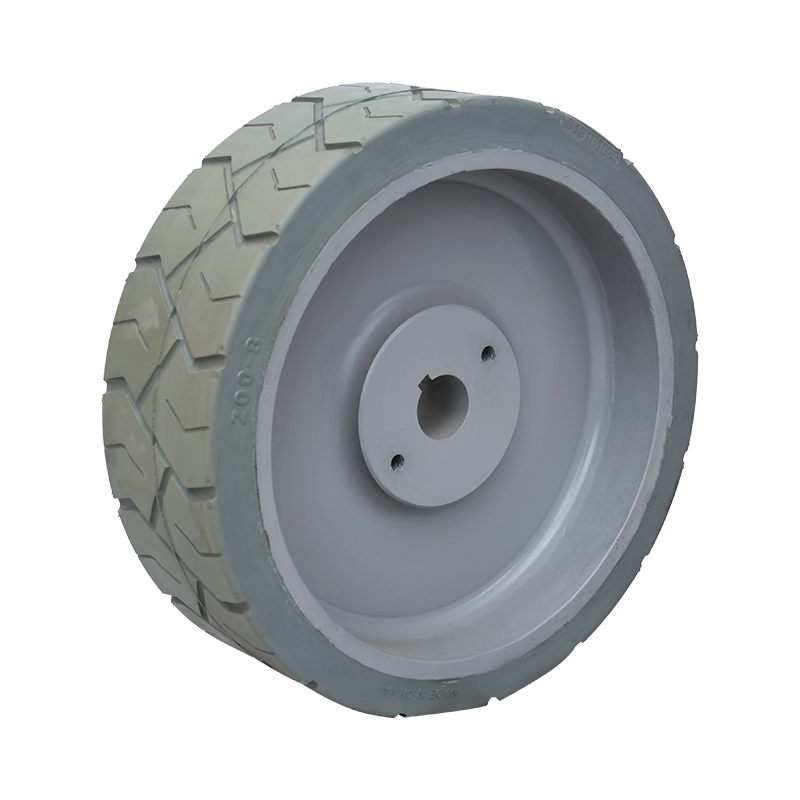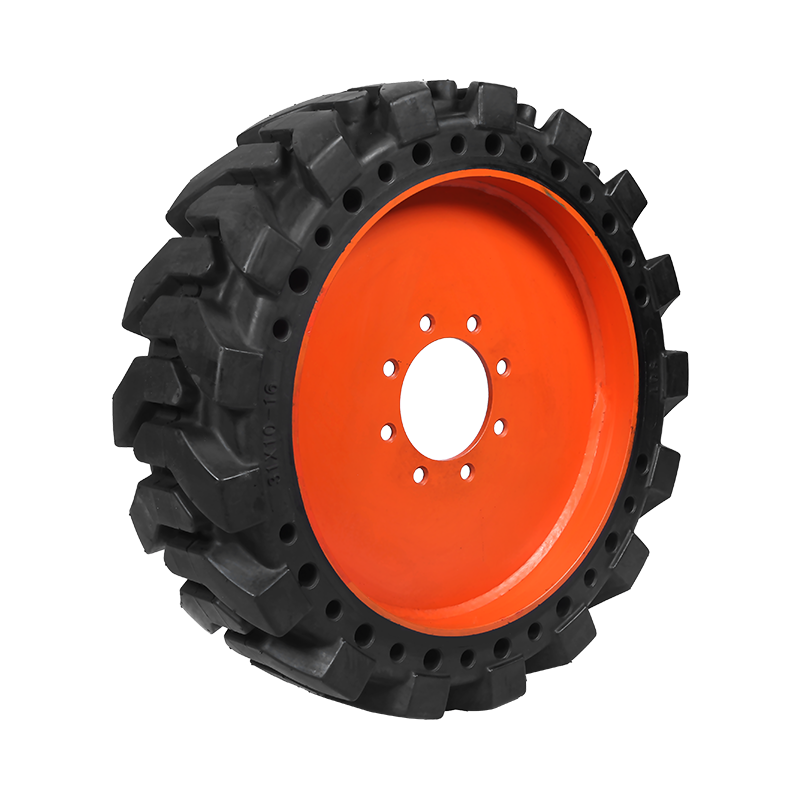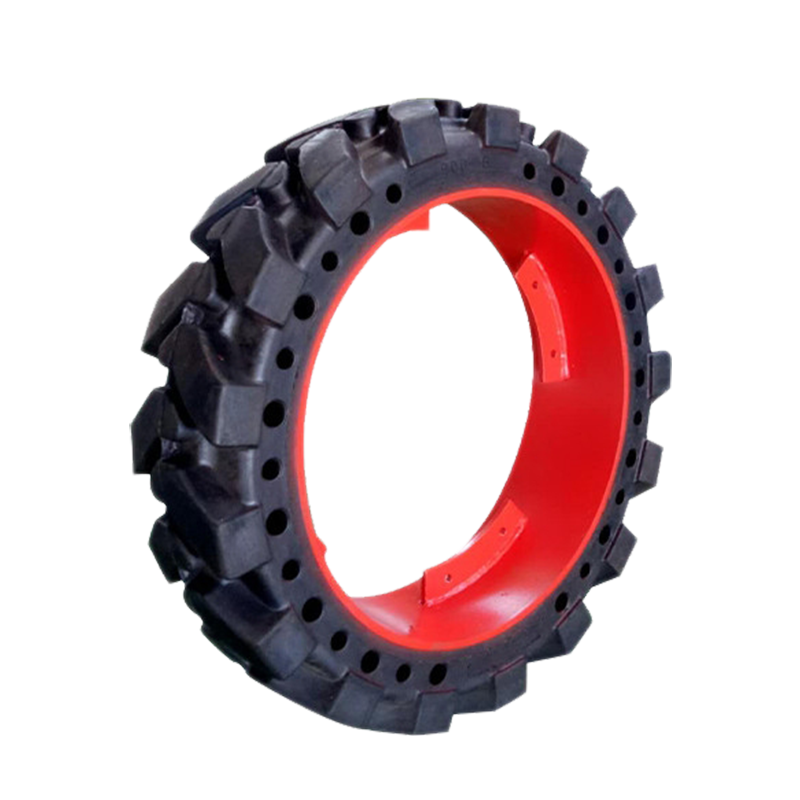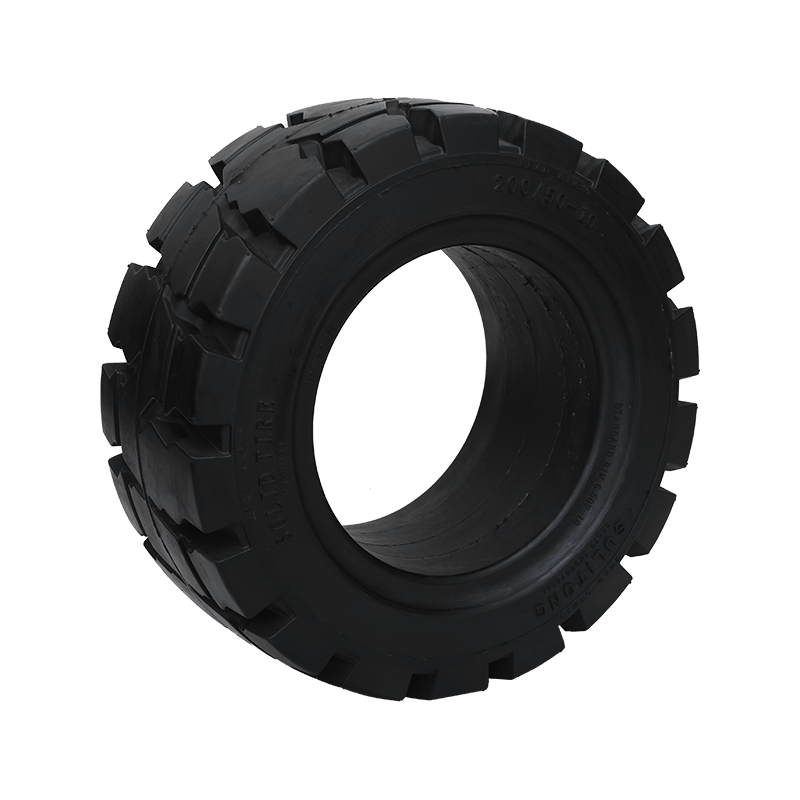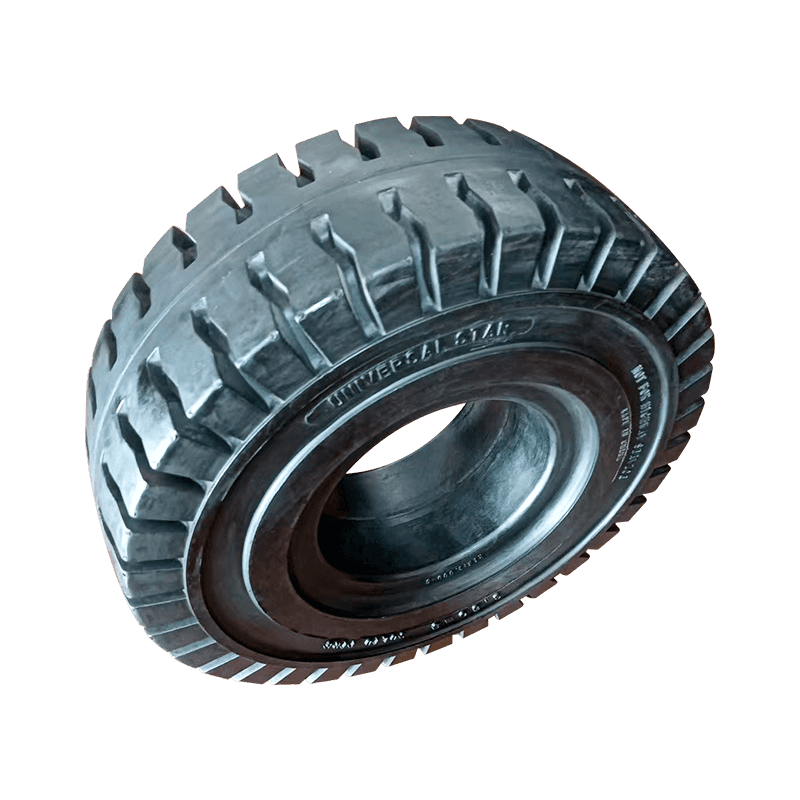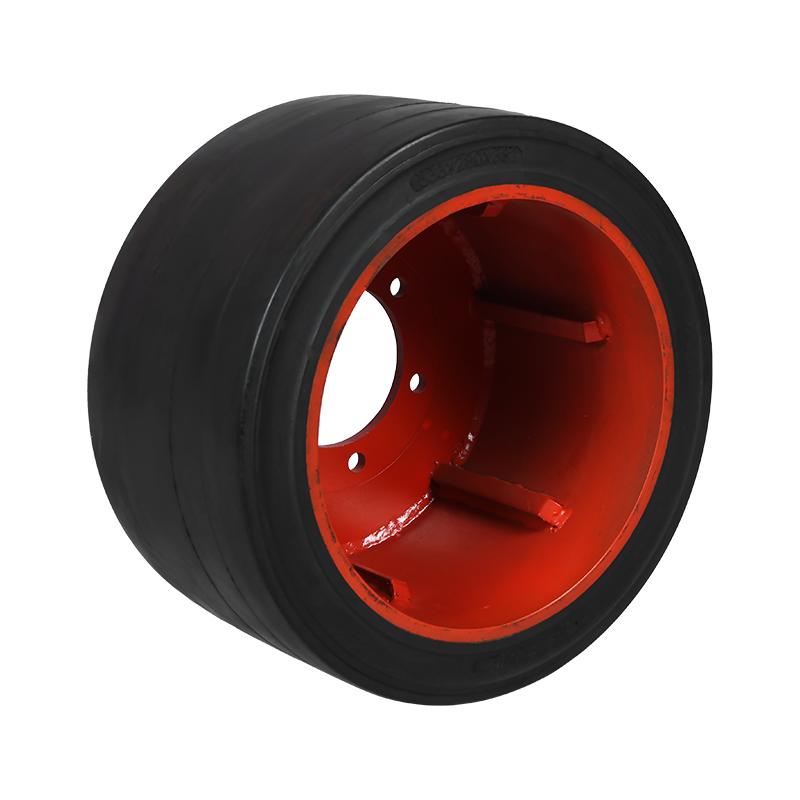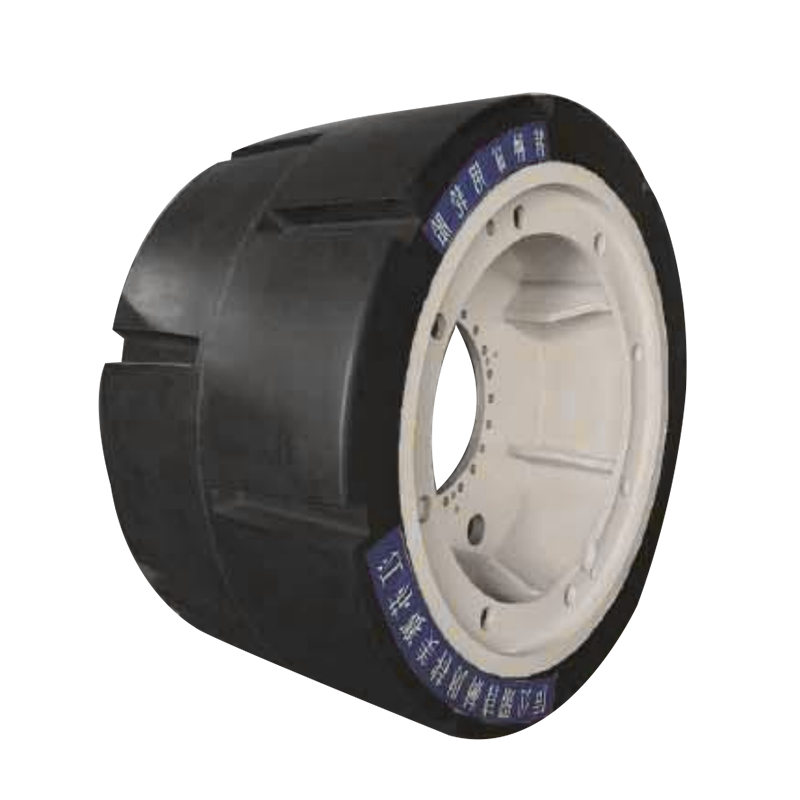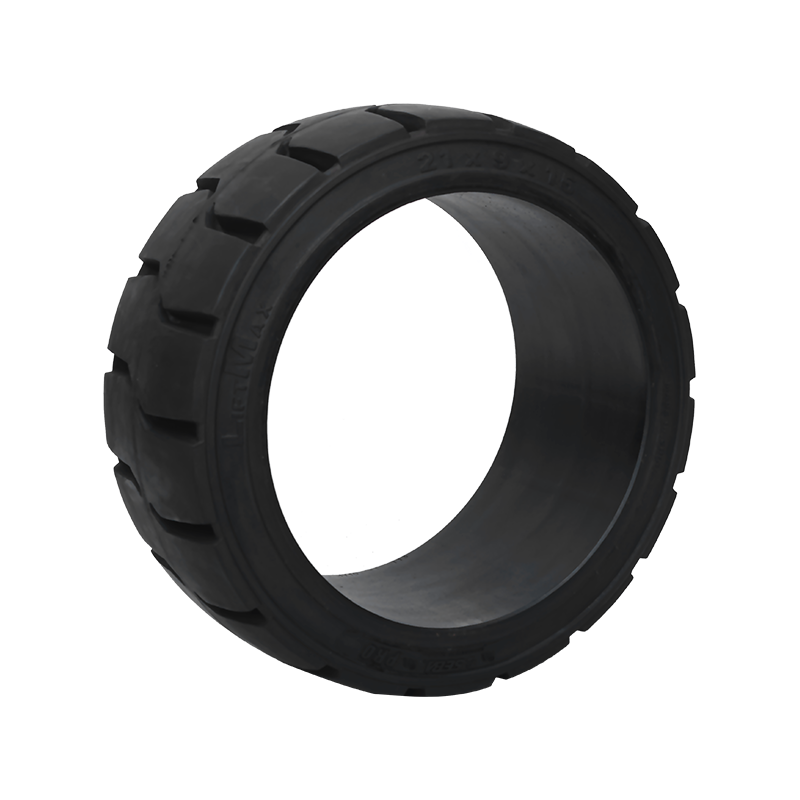Here's What You Need to Know About Construction Equipment Tires
Choosing the right Construction Equipment Tires is crucial for maximizing performance, ensuring safety, and managing long-term costs. The tires on a construction machine are more than just rubber rings; they are a critical component that affects everything from traction and fuel efficiency to operator comfort and machine stability.
Understanding Tire Types: Radial vs. Bias Ply
The first decision you'll face is often choosing between radial and bias-ply construction. The core difference lies in how the internal plies are arranged.
-
Radial Tires: In a radial tire, the plies run perpendicular to the direction of travel, and a steel belt is added under the tread. This construction makes the sidewall and tread work independently.
-
Pros: Better fuel efficiency, superior traction, longer tread life, and a more comfortable ride. They are ideal for applications that involve long travel distances on hard surfaces.
-
Cons: Higher initial cost and more susceptible to sidewall damage from impacts.
-
-
Bias-Ply Tires: The plies in a bias-ply tire are arranged in a crisscross pattern, creating a stiff, uniform structure.
-
Pros: Very durable and resistant to punctures and cuts, especially in the sidewall. They are often the go-to choice for extremely harsh, rugged environments with sharp debris.
-
Cons: Less fuel-efficient, generate more heat, and provide a less comfortable ride.
-
Solid vs. Pneumatic Tires
Another significant choice, particularly for skid steers and telehandlers, is whether to go with solid or pneumatic (air-filled) tires.
-
Pneumatic Tires: These are the traditional air-filled tires, offering a cushioned ride.
-
Pros: Excellent shock absorption, a smoother ride, and a lower initial cost.
-
Cons: Prone to flats and punctures, which can lead to significant downtime on a busy job site.
-
-
Solid Tires: Made of a solid rubber compound, these tires are completely flat-proof.
-
Pros: Zero downtime from flats, exceptional longevity, and puncture resistance.
-
Cons: Significantly harsher ride, heavier, and a higher initial price. They are best suited for applications where punctures are a constant threat, such as demolition or scrap yards.
-
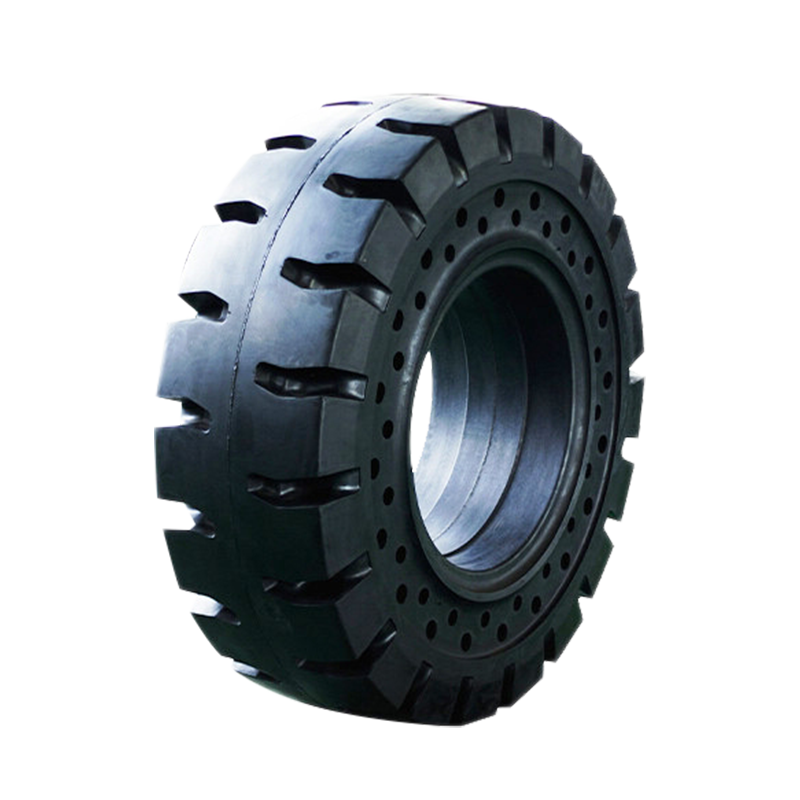
Tread Patterns and Applications
The tread pattern on your earthmover tires is not just for looks; it's engineered for specific functions. Choosing the right pattern is critical for optimal performance.
-
L-Tread (Loader/Dozer): These have a block-type pattern designed for traction and flotation. They're categorized by depth (L2, L3, L4, L5) with deeper treads providing more durability and traction in soft soil.
-
E-Tread (Earthmover): Used on large haul trucks and scrapers, these tires are built for endurance and speed over long distances. Their ribbed or non-directional patterns are engineered to minimize heat buildup.
-
G-Tread (Grader): Featuring a directional lug pattern, these tires provide superior traction for motor graders on soft, uneven surfaces.
-
C-Tread (Compactor): These are smooth, wide tires designed for even compaction without leaving a distinct tread pattern.
Maintenance is Key
Proper maintenance of your job site tires is the most effective way to extend their lifespan and ensure safety.
-
Correct Inflation: Maintaining the manufacturer's recommended tire pressure is paramount. Under-inflation leads to excessive heat buildup and premature wear, while over-inflation can cause uneven wear and a higher risk of impact damage.
-
Regular Inspections: Routinely check for cuts, cracks, punctures, or embedded debris. Early detection of a problem can prevent a costly failure.
-
Tire Rotation: For machines with uneven weight distribution, rotating the tires can help ensure even wear across the fleet.
By understanding these fundamentals, you can make informed decisions that will help your equipment perform at its best, reduce operational costs, and keep your projects running smoothly. The right construction rubber is an investment in your company's productivity and safety.
CONTACT US
-

Email: SMT001@saimeite-tyre.com
-

Phone: +86-18451337018No. 1, Renmin South Road, Yandu District, Yancheng City, Jiangsu Province, China

 English
English 한국어
한국어 Français
Français Español
Español
